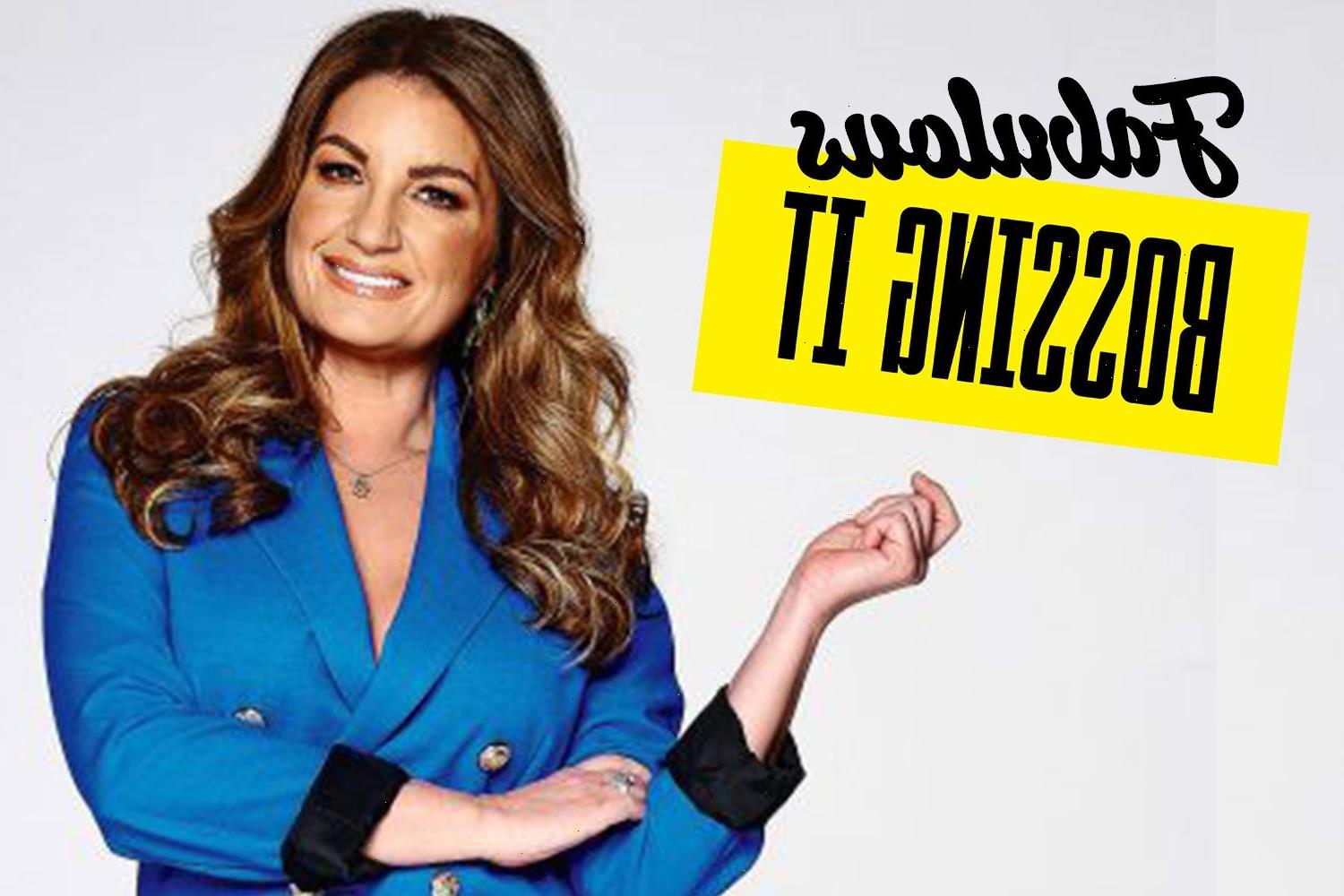APPRENTICE star and vice-chairperson of West Ham FC Karren Brady answers all your careers questions.
Today she helps out an employee who disclosed medical conditions and worries they might be ruled out of the job offering as well as giving tips to a woman who wants to change career in her forties.
Q. I’ve recently been offered a job with a local council that I’m very excited about. However, when I was filling out the occupational health form they asked whether I’d ever had depression and if I took medication.
I answered yes to both, as last year I suffered a bout of depression and have found medication has really helped.
Now I’m worried they will withdraw the job offer because of my answers. What should I do?
Name withheld
A. First, it’s important to note that you do not have to disclose any medical condition, whether mental health related or not, to an employer or potential employer.
Usually, a health questionnaire is used by a company to determine if a new employee has any medical condition that could affect their ability to do the job, so they can determine what adjustments they may need to make to assist you.
For example, if you have a bad back they may need to organise a specific type of chair or a stand-up desk for you. So normally you need only disclose conditions that could affect your role or you need consideration made for.
Saying that, your employer would expect you to be honest when filling out the form, and if you think your mental health will impact on your ability to do your job then you should disclose it.
Then, if they have concerns, they should seek more information or advice from you and your doctor.
If they do not and the job offer is withdrawn without further assessment or investigation, this may be discrimination and you would need to get legal advice.
If you are worried, email HR and explain that your medical condition is under control and you can see no reason why it would impact your ability to do the job.
BE A BOSS
Bossing It is Fabulous’ series about ordinary women who have launched incredible businesses.
It aims to inspire other women and show that if these ladies can do it, so can you!
Read more at Thesun.co.uk/topic/bossing-it.
Q. I’m in my early 40s and have decided I want to change career. After years working in education, I’ve realised my dream is to merge my love of make-up and horror films and train as a special-effects make-up artist.
I have some money saved to pay for the training and I’m prepared to be a student again, but I feel disheartened after researching how long the courses followed by work experience placements would take.
I wouldn’t graduate until my late 40s and would be competing for jobs with people in their 20s.
Should I forget my dream and aim for something I can qualify in more quickly?
Gina, via email
A. It’s never too late to follow your dreams, and you don’t want to get to 50 and realise you missed an opportunity to do something you love. So go for it!
While you start the enrolment process, try to reach out to people in the industry and pick their brains on the types of courses they recommend, how they got started and how they put together a portfolio of work.
You can do this by networking on platforms like LinkedIn, where people are usually very happy to share their thoughts and experiences.
I would also like to add that on The Apprentice, my make-up artist is a lot older than you, and I really don’t believe that age discrimination is rife in this area.
Plus, don’t forget one of the world’s best special-effects make-up artists, Rick Baker, worked in the industry well into his 60s!
- Got a careers question you want Karren to answer? Email [email protected]
Compiled by: Claire Frost
Karren can not answer emails personally. Content is intended as general guidance only and does not constitute legal advice.
Source: Read Full Article

